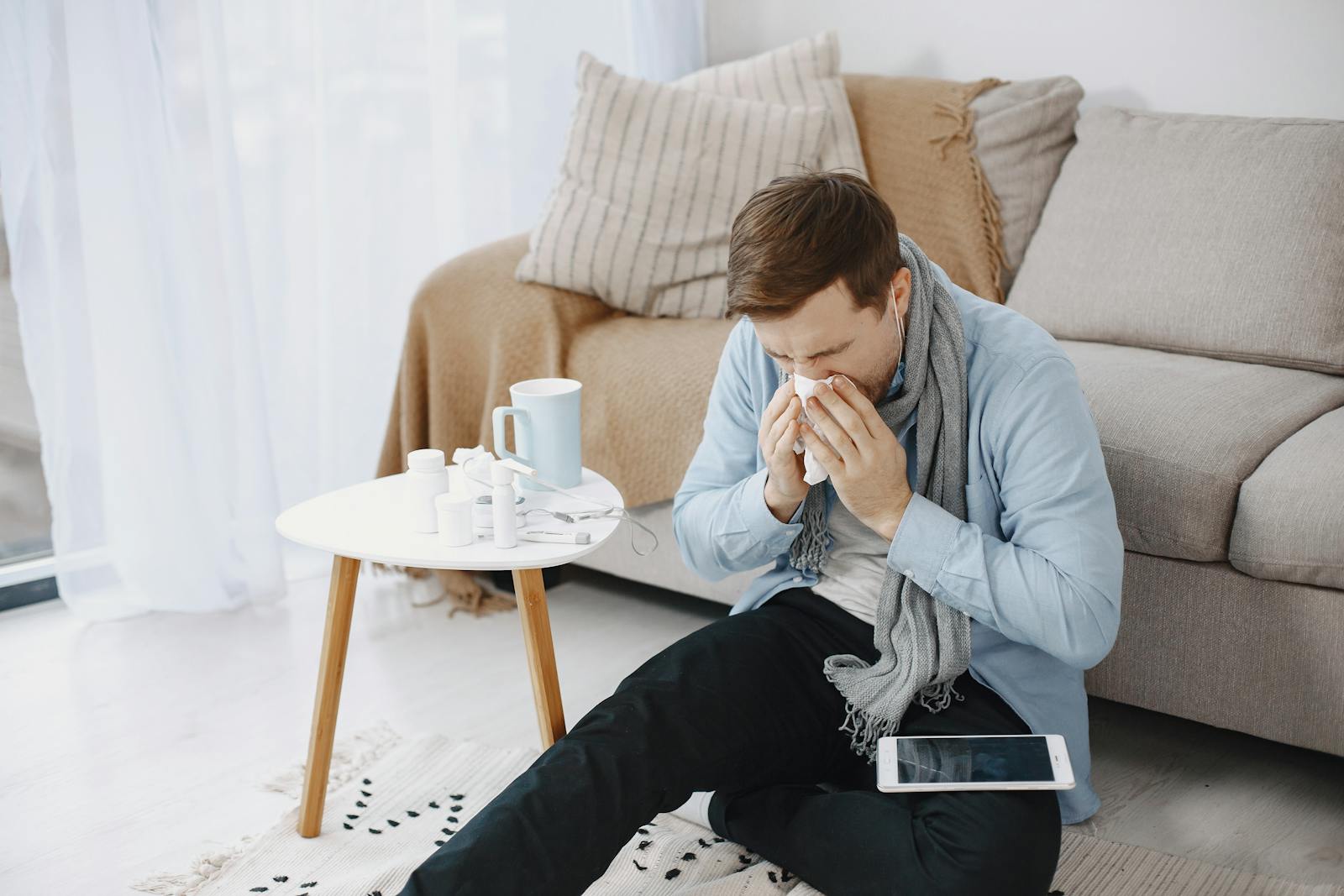Allergy Tips Near The Connection Between Climate Change and Allergies in Virginia
Discover Essential Allergy Tips for Managing Climate Change Impacts on Allergies in Virginia: Understand the Connection Between Climate Change and Allergies to Protect Your Wellbeing Today!
Essential Allergy Tips for Virginia Residents
As allergy season approaches, residents of Virginia often find themselves grappling with a myriad of symptoms. From sneezing and runny noses to itchy eyes, allergies can significantly impact quality of life. Understanding the Connection Between Climate Change and Allergies in Virginia is crucial for managing these discomforts effectively. Here are some essential allergy tips tailored for the local climate conditions.
Understanding Your Allergens
To combat allergies, the first step is to identify the specific allergens affecting you. Common triggers in Virginia include:
- Pollen from trees, grasses, and weeds
- Mold spores, especially in damp areas
- Dust mites and pet dander
Recognizing these allergens can help you take proactive measures to minimize exposure and alleviate symptoms.
The Impact of Climate Change
One of the most concerning developments in recent years is the Connection Between Climate Change and Allergies in Virginia. Warmer temperatures and fluctuating weather patterns can lead to:
- Longer pollen seasons
- Increased pollen production
- Higher mold growth due to humidity
This means that Virginia residents may experience heightened allergy symptoms for more extended periods, making effective management strategies essential.
Allergy Prevention Tips
To mitigate the impact of allergies, consider implementing the following tips:
- Stay informed about pollen counts and mold levels in your area.
- Keep windows closed during peak pollen times.
- Use HEPA filters in your home to trap allergens.
- Shower and change clothes after spending time outdoors.
By being proactive, you can reduce exposure to common allergens and enhance your overall well-being.
Indoor Allergy Management
Your home should be a sanctuary, free from allergens. To achieve this, regularly clean and maintain your living space:
- Vacuum carpets and rugs with a HEPA-filter vacuum.
- Wash bedding in hot water weekly to eliminate dust mites.
- Use dehumidifiers to reduce moisture in the air.
Implementing these strategies will help create a healthier indoor environment, especially in light of the Connection Between Climate Change and Allergies in Virginia.
Consulting with Allergy Specialists
For those struggling to manage their allergy symptoms, consulting with an allergy specialist can provide personalized insights and treatment options. Specialists can offer:
- Allergy testing to identify specific triggers
- Customized treatment plans
- Immunotherapy options for long-term relief
A professional approach can make a significant difference in managing your allergies effectively.
Stay Informed and Vigilant
As we navigate through the changing climate, staying informed about the Connection Between Climate Change and Allergies in Virginia is vital. Keep track of local environmental changes and their potential impact on your health. Engage with community resources to learn more about managing allergies effectively.
By employing these allergy tips and staying aware of the environmental influences at play, Virginia residents can enjoy a better quality of life throughout the allergy season. Understanding and accepting the changes in our climate can empower you to take the necessary steps to protect your health.
Keywords: allergy tips, climate change allergies, Virginia allergies, allergy prevention, seasonal allergies, pollen count Virginia, outdoor allergies, allergy symptoms, climate impact on allergies, allergy management, Virginia wellness, allergy treatments, air quality Virginia, environmental allergies, allergy awareness
news via inbox
Stay Connected
Specializing in:








